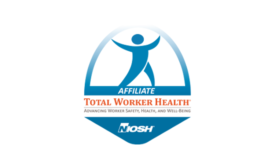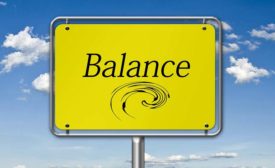Home » wellbeing
Articles Tagged with ''wellbeing''
'Call to Action' on mental health and well-being in the workplace
Experts prioritize four projects to improve employee mental health
May 8, 2018
The U.S. Presidential election is stressing us out!
It’s equal for Republicans and Democrats
October 17, 2016
Become a Leader in Safety Culture
Build your knowledge with ISHN, covering key safety, health and industrial hygiene news, products, and trends.
JOIN TODAYCopyright ©2024. All Rights Reserved BNP Media.
Design, CMS, Hosting & Web Development :: ePublishing







